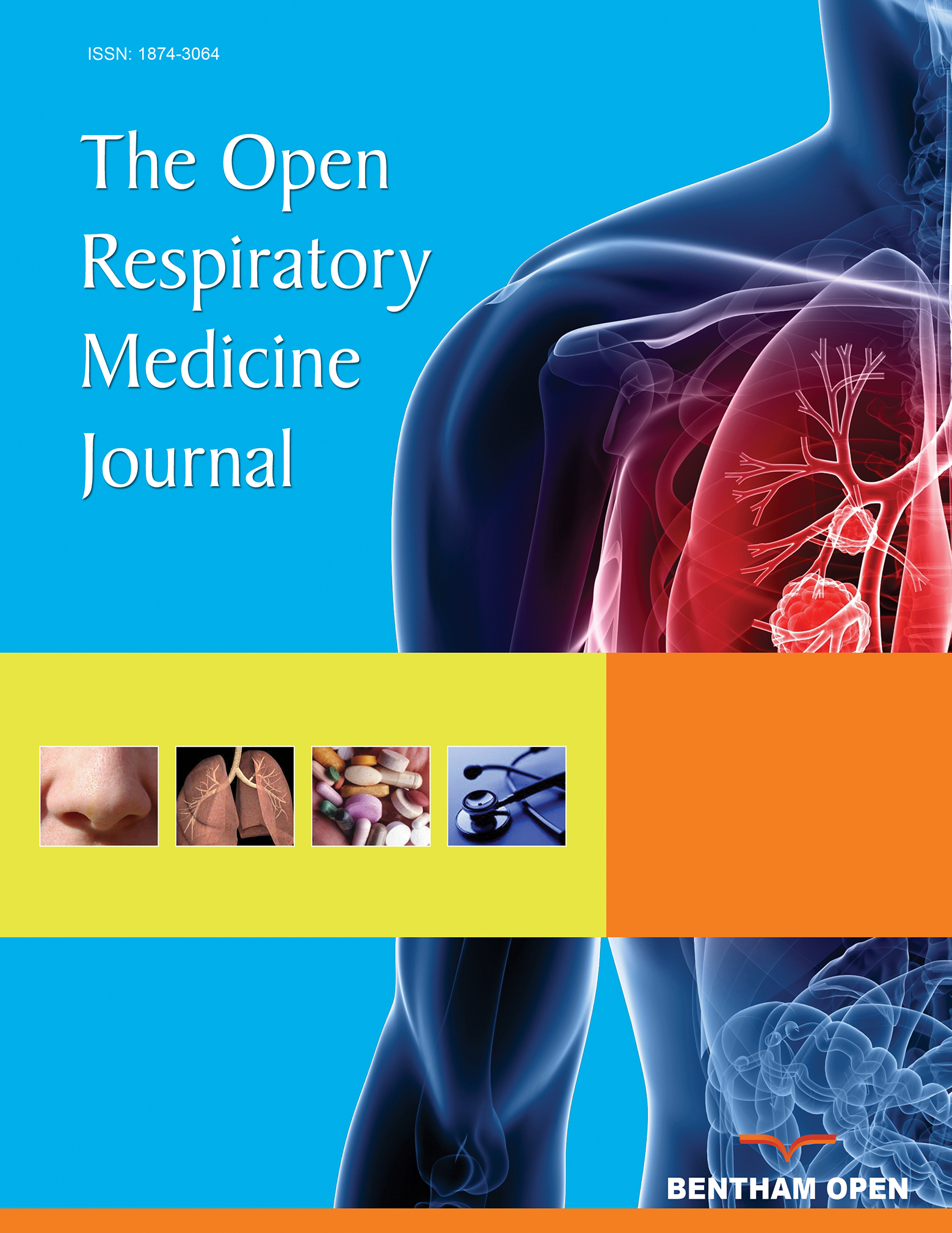Gulf Asthma Diagnosis and Management in Adults: Expert Review and Recommendations
Abstract
The prevalence and incidence of asthma are increasing globally because of genetic and environmental influences. Prevalence of asthma in the Gulf has been reported to range from 4.7% to 32.0% and has a substantial economic burden. In this paper, we summarize current asthma management guidance for adults, present insights, and recommendations by key opinion leaders (KOLs) in the Gulf region, and key performance indicators for guiding clinical practice for asthma diagnosis, management, and treatment in the Gulf. While it is recommended that the Global Initiative for Asthma (GINA) guidelines should be followed wherever possible for the management of asthma, KOLs in the Gulf region have presented additional recommendations based on regional challenges and insights. There is a need for better diagnosis using objective testing, increased efforts in tackling the burden of comorbidities in the region, and greater provision of the necessary tools for phenotyping severe asthma. Furthermore, there is a need for greater education for physicians regarding asthma treatment, including the importance of inhaled-corticosteroid-containing controller medication. Regionally, there is also a need for specialist asthma clinics and asthma educators, which would serve to educate physicians and their patients as well as to improve the management of patients. Finally, the use of asthma registries, digital devices, and electronic templates would be of benefit in the management of asthma patients in the region.


